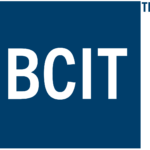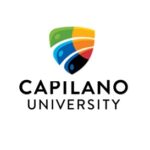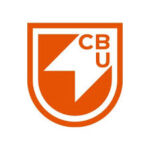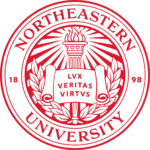The good news is that you don’t need a study permit if your course only lasts less than six months, but the bad thing about this situation would be whether or not to get an extension on your stay in Canada. It all depends how long you plan on staying here and what kind of work options are available for students with visas; whether they want part-time employment while studying at school/university levels vs looking into jobs outside these environments after graduation
The official guidelines say there isn’t any special requirement when taking short courses (such as distance education), however one should consider obtaining proper entry documentation prior make certain arrangements before arrival.











